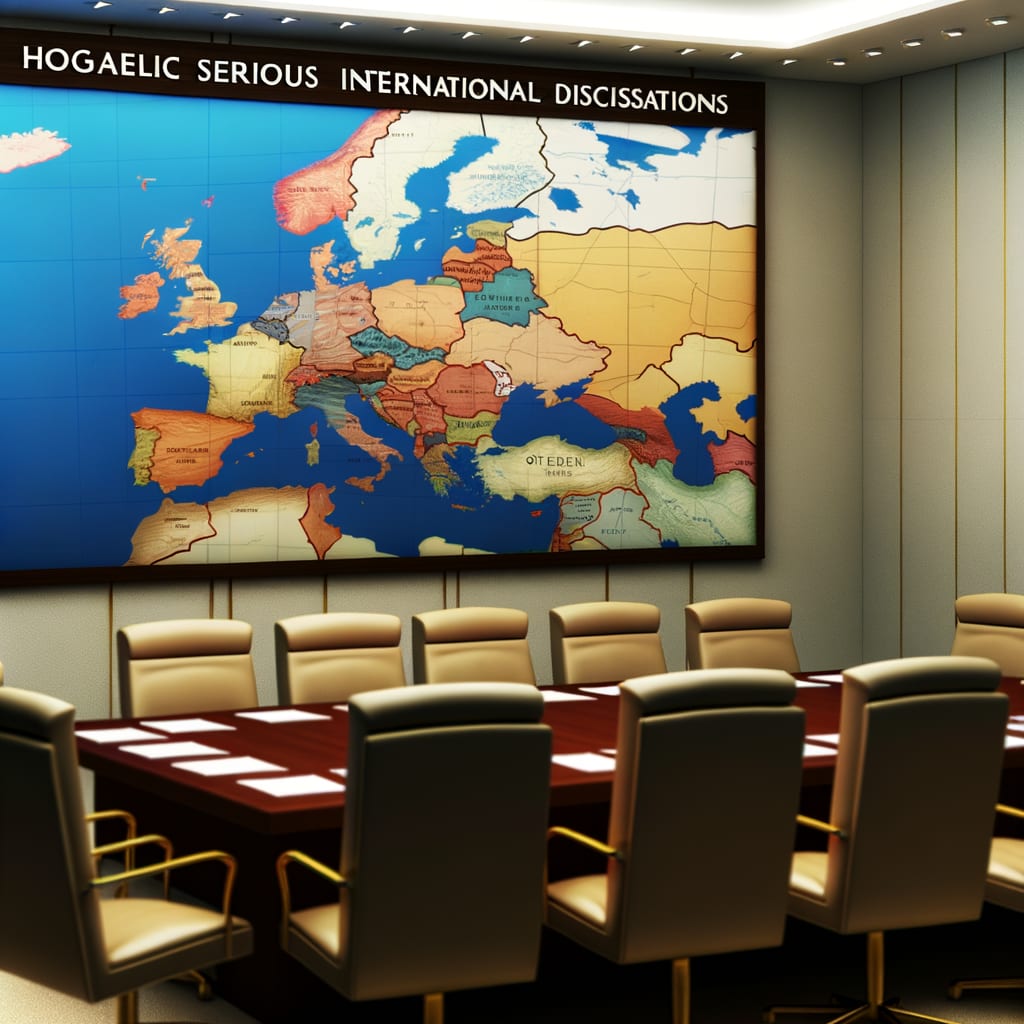Russian Drones Invade Polish Airspace, Stirring NATO Concerns
In a significant escalation of the ongoing conflict between Russia and Ukraine, multiple Russian drones violated Polish airspace, marking the largest incursion into NATO territory since the start of hostilities. The drones were reportedly detected and shot down by NATO air defenses, prompting widespread international concern and raising questions about Russia's intentions.
Background
The incursion involved between 11 and 20 unmanned aircraft, according to different sources, and was widely regarded as a deliberate act by Russia. The drones flew over Polish territory amid ongoing Russian attacks on Ukraine.
Poland quickly denounced the incursion, described as an act of aggression
by Warsaw. Moscow is always testing the limits of the possible, and if it does not meet a strong reaction, moves to a new level of escalation,
said Ukrainian president Volodymyr Zelenskyy.
Key Developments
In response to the incursion, Poland requested NATO to activate Article 4 of its treaty, which calls for consultations among allies in case of a threat. The drones were detected by NATO's Patriot air defense systems in the region but were not initially engaged until they were confirmed as threats.
Despite Moscow's denials of any intention to attack, the Russian Defense Ministry neither confirmed nor denied the existence of the drones. The Ministry suggested consultations with its Polish counterparts, deflecting accusations of aggression.
The Kremlin initially denied everything, but later diverted the issue to its Ministry of Defense for consultations with the Polish government. The Russian Ministry's statement stressed that during its overnight operations, “no targets were planned for strikes in the Polish territory.”
Implications and Reactions
While the drones' incursion into Polish airspace was not militarily significant, the incident is qualitatively different from anything that has happened since the conflict began in 2022. “Last night, numerous drones from Russia violated Polish airspace. Our air defenses were activated and successfully assured the defense of NATO territory," said NATO Secretary-General Mark Rutte.
NATO allies have expressed solidarity with Poland and denounced Russia's reckless behavior. The North Atlantic Council met and discussed the situation in light of Poland’s request for consultations under Article IV of the Washington Treaty.
Various reactions have surfaced from different quarters. While the Czech government quickly backed Poland, Hungary and Slovakia either refused to blame Russia or remained silent.
Current Status
The incident has sparked widespread concern, with observers closely watching NATO's response. As the conflict continues to unfold, questions about Russia's intentions and the potential for further escalation remain.
The Russian military's suggestion for consultations with Poland indicates a potential diplomatic route to address the incident. However, without a clear confirmation or denial of the drones' existence from Moscow, the situation remains tense and uncertain.

